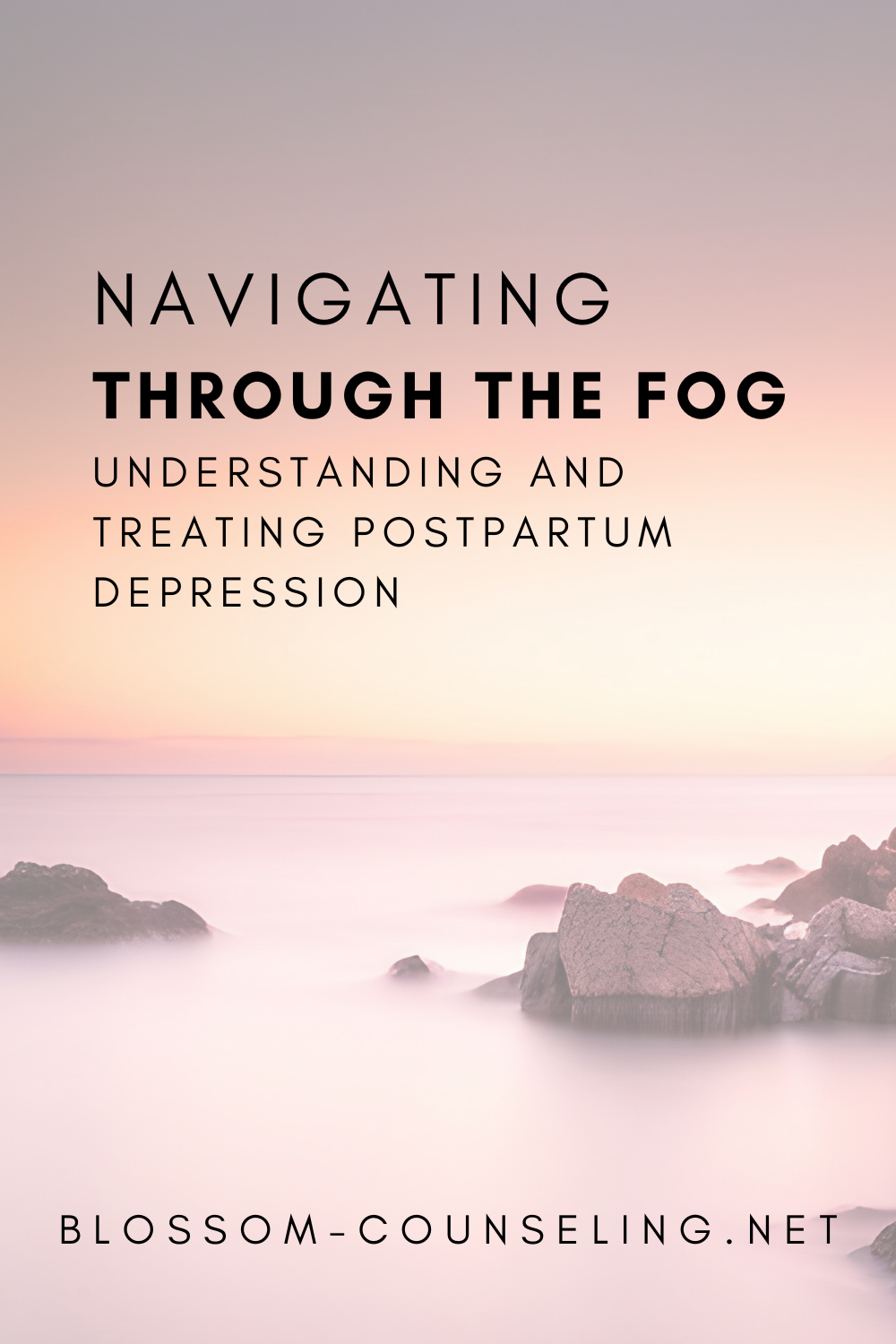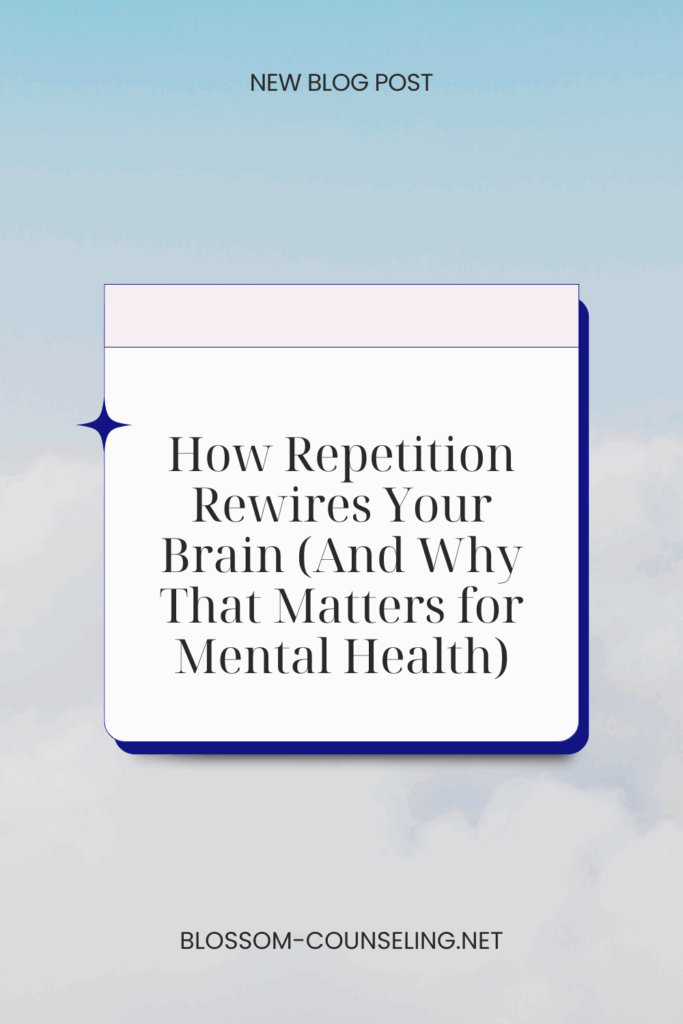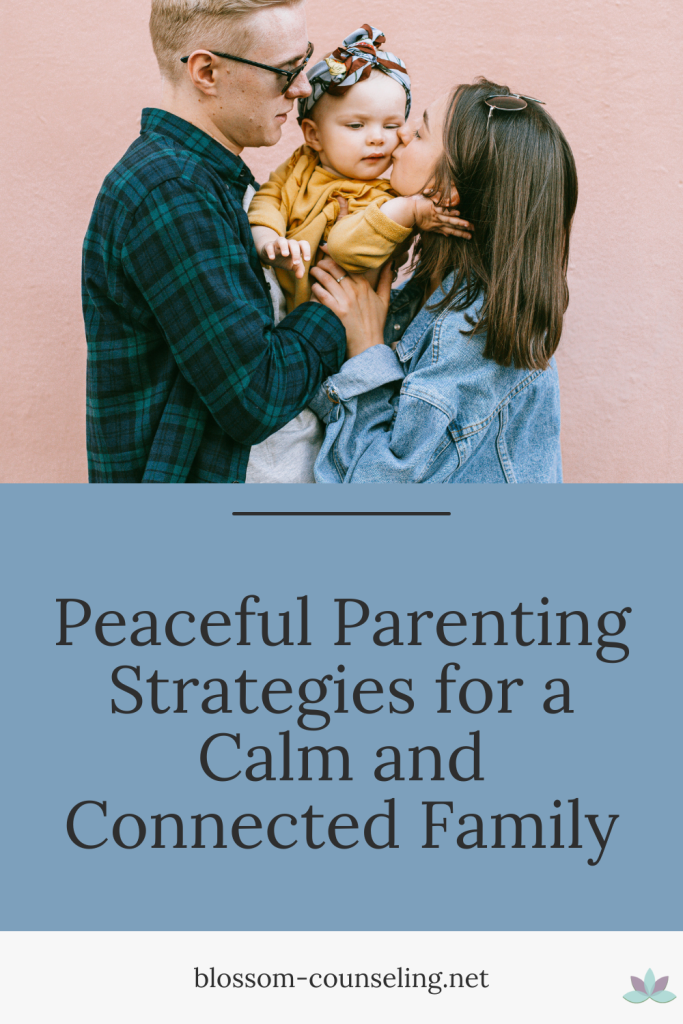
Picture this: A new life has just entered the world. There’s supposed to be joy, laughter, and those oh-so-sweet baby snuggles. But instead, for some, there’s an unexpected visitor – postpartum depression (PPD). It’s like a dense, confusing fog that descends, often uninvited, after childbirth. But why does it happen, and more importantly, how do we navigate through this fog?
PPD is more than just ‘baby blues’; it’s a complex mix of physical, emotional, and behavioral changes that happen in some women after giving birth. It’s like running a marathon and then being asked to climb a mountain – exhausting, overwhelming, and downright daunting.
First, Let’s Talk Symptoms:
PPD can be sneaky, with symptoms ranging from mild to severe. You might experience overwhelming sadness, a disconnection from your baby, or even intense irritability and anger (no, it’s not just about feeling sad). Imagine you’re juggling a dozen balls, and suddenly someone throws in a chainsaw – scary, right? That’s PPD for you.
Treatment: A Beacon in the Fog
Treatment for PPD can be like a lighthouse guiding a ship through a stormy night. It’s about finding the right combination of strategies to clear the fog.
Therapy – Your Compass: Talking therapies, like cognitive-behavioral therapy (CBT) or interpersonal therapy (IPT), are like having a compass in an unknown land. They help navigate through the tangled thoughts and emotions, offering strategies to manage them effectively.
Medication – Sometimes Necessary: For some, therapy alone isn’t enough. Medications, like antidepressants, can be crucial. They’re like the raincoat that helps you weather the storm until the skies clear.
Support Groups – You’re Not Alone: Imagine walking through a dark forest and suddenly finding a group of people with lanterns, all walking the same path. That’s what support groups offer – understanding, shared experiences, and the comfort of not being alone in your journey.
Self-Care – Your Personal Armor: Self-care is paramount. It’s like putting on armor to face the battle. This includes adequate sleep, proper nutrition, and maybe some mindfulness or yoga – because sometimes, you need to breathe through the chaos.
Family Support – Your Grounding Force: Having a supportive partner, family, or friends can be grounding. It’s like having a team of cheerleaders who remind you of your strength, even when you forget.
A Glimpse Beyond the Fog:
It’s crucial to understand that PPD is not a one-size-fits-all situation. Like fingerprints, everyone’s experience with PPD is unique. And here’s the kicker – it’s not just women who can experience it; partners can also go through their own version of PPD.
In the midst of this fog, remember, it’s okay to ask for help. It’s okay to say, “I’m not okay.” And most importantly, it’s okay to take the time you need to navigate through this. The fog will lift, and when it does, the world might just seem a little brighter, a little kinder, a little more hopeful.
Remember, navigating through PPD is not about racing to the finish line; it’s about taking each step, one at a time, with the right support and guidance. Just like any other journey, it’s about moving forward, even if it’s just an inch at a time. In the end, it’s not just about surviving; it’s about thriving, for you and your little one.
|
|




